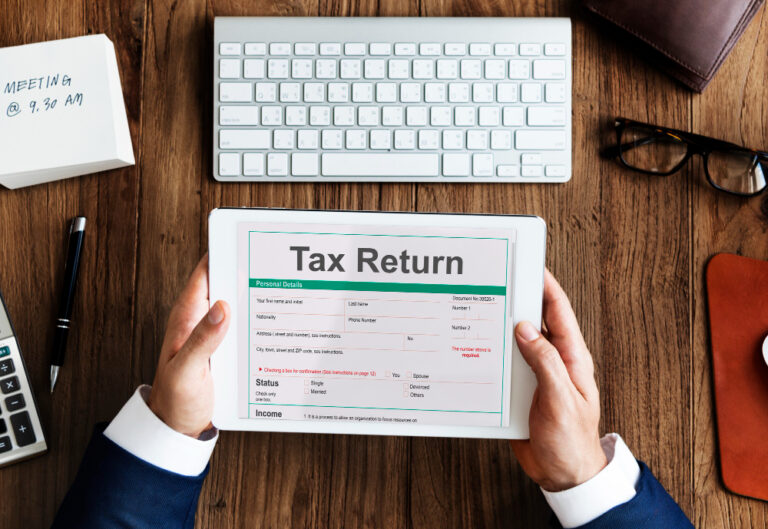Navigating the labyrinth of tax compliance in Nigeria can feel overwhelming, especially with the introduction of new Tax Identification Number (TIN) requirements. As someone who has dealt with the complexities of the Nigerian tax system firsthand, I can attest to how important it is to understand these changes. Having a TIN isn’t just about ticking a regulatory box—it’s a vital step for anyone conducting business in Nigeria. It ensures taxes are remitted accurately and on time, helping you avoid penalties and stay compliant.
In this article, we’ll explore the new TIN requirements, their implications, and how you can seamlessly integrate them into your compliance strategy.
Understanding the Tax Identification Number (TIN)
What is a TIN?
A Tax Identification Number (TIN) is a unique identifier assigned to individuals and businesses by the Federal Inland Revenue Service (FIRS) in Nigeria. It plays a central role in the assessment, collection, and enforcement of tax obligations. Whether you are a salaried employee, an entrepreneur, or a corporate entity, having a TIN is essential for tax-related transactions.
Importance of a TIN
The significance of a TIN cannot be overstated. It serves several key purposes:
-
Tax Compliance: A valid TIN ensures that taxpayers meet their obligations under Nigerian tax law.
-
Business Operations: A TIN is required to open corporate bank accounts, apply for loans, and participate in government-related contracts.
-
Government Transactions: It is mandatory for registering vehicles, properties, and other official activities.
New TIN Requirements: What You Need to Know
Who Must Obtain a TIN?
The FIRS has expanded the criteria for obtaining a TIN. It is now required for:
-
Individuals: All residents, including foreigners, earning taxable income.
-
Businesses: Micro, small, and medium enterprises (MSMEs), as well as larger corporations.
-
NGOs and Non-Profits: Registered organizations involved in commercial activities.
Steps to Obtain a TIN
To apply for a TIN under the new requirements, follow these steps:
-
Visit the FIRS Website: Go to the official FIRS portal.
-
Complete the Application Form: Provide details such as your name, address, and type of business.
-
Submit Required Documents: Identification documents, business certificates, and relevant licenses.
-
Receive Confirmation: Once processed, your TIN will be sent to you, usually via email.
Required Documents for TIN Application
Make sure you have these documents ready before applying:
-
Proof of Identity: National ID, driver’s license, or international passport.
-
Business Registration Documents: Certificate of incorporation, partnership deed, or equivalent legal papers.
-
Letter of Undertaking: In some cases, this may be required to confirm your intention to comply with tax laws.
Implications of the New TIN Requirements
For Individuals
The new requirements streamline compliance and bring notable changes:
-
Increased Scrutiny: The FIRS uses technology to track taxpayers more effectively.
-
Faster Processing: Digital applications reduce the time it takes to obtain a TIN.
For Businesses
Businesses face both opportunities and challenges:
-
Enhanced Accountability: Every registered business must obtain a TIN, increasing transparency.
-
Incentives for Compliance: Businesses with valid TINs may qualify for contracts, tax breaks, or other benefits.
Challenges in Implementation
Despite the improvements, taxpayers may encounter obstacles such as:
-
Unclear Regulations: Many individuals and businesses remain unsure about the specific requirements.
-
Compliance Costs: Businesses may incur additional costs in meeting compliance obligations.
FAQs on the New TIN Requirements
How long does it take to obtain a TIN?
It can take anywhere from a few hours to a few days, depending on the completeness of your application and FIRS workload.
Can I apply for a TIN online?
Yes, the FIRS provides an online platform for applications, making the process more efficient.
Are there penalties for non-compliance?
Yes. Failure to obtain a TIN or comply with tax laws may result in fines, audits, or legal action.
How often should I update my TIN information?
It’s best to review and update your TIN details regularly, especially when your business operations or contact information change.
Conclusion
The updated TIN requirements mark a significant shift toward improved tax compliance and accountability in Nigeria. While they may seem daunting at first, staying informed and proactive can help individuals and businesses turn these changes into opportunities.
The key takeaway is clear: acquiring and maintaining a valid TIN is essential. As Nigeria’s tax landscape evolves, adapting your compliance strategy is not optional—it’s a necessity.
Take action today by visiting the FIRS portal, confirming your TIN status, and staying up to date with your tax obligations. Doing so will not only keep you compliant but also strengthen your credibility in Nigeria’s growing economy.
References


